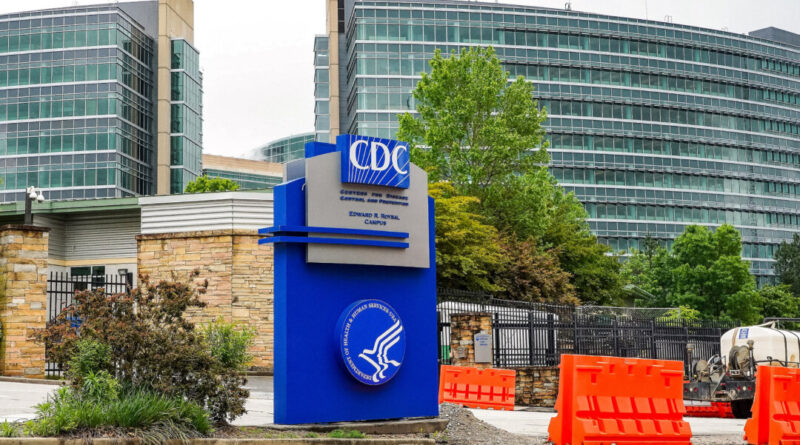Warning from CDC about Vaccination for Travelers Going to Saudi Arabia
Officials warn that meningococcal disease can result in death within just 24 hours.
The CDC reported that there have been 10 recent cases of meningococcal disease—a bacterial infection—in the U.S. and Europe linked to travel to Saudi Arabia, with two cases involving close contacts. The affected cases included two children under 18, four adults aged 18 to 44, four adults aged 45 to 64, and two individuals aged 65 or older. The majority of these cases were in unvaccinated individuals, according to the CDC.
The CDC advises that individuals traveling to countries where meningococcal disease is prevalent should receive a vaccine, including a booster dose if they were last vaccinated three to five years ago.
In addition to vaccination, the CDC recommends that health departments and providers administer antibiotics to close contacts of individuals with the disease linked to travel to Saudi Arabia, using antibiotics such as rifampin, ceftriaxone, or azithromycin.
The CDC highlighted that “mass gatherings, such as Hajj or Umrah, can increase the risk of infections like meningococcal disease,” and reported cases of the disease in travelers to Saudi Arabia for Umrah in 2024.
If travelers experience symptoms such as fever, stiff neck, headache, vomiting, or nausea, they are urged to seek immediate medical attention.
As of now, the Saudi government has not publicly responded to the CDC advisory. The Epoch Times has reached out to the Saudi Embassy in Washington for comments.
According to the Saudi government’s website, individuals aged 1 and older are required to show proof of receiving a meningococcal vaccine within the last three to five years, depending on the type of vaccine.
Meningococcal disease, caused by Neisseria meningitidis, can result in severe symptoms. Even with antibiotics, around 10 to 15 percent of those infected may die, according to officials.
The disease can manifest as meningitis, which includes symptoms like fever, nausea, vomiting, stiff neck, sensitivity to light, and altered mental state. It can also affect the bloodstream with symptoms such as cold extremities, chills, aches, rapid breathing, fatigue, vomiting, fever, diarrhea, and a dark purple rash during advanced stages of the infection, as per the CDC.
The National Foundation for Infectious Diseases cautioned that “1 in 6 individuals with invasive meningococcal disease may die, sometimes within 24 hours, even with treatment.” Additionally, survivors may face serious long-term complications like brain damage, kidney damage, hearing loss, or limb amputations.
Federal officials stress that the disease spreads through respiratory and throat secretions like saliva, usually requiring close or prolonged contact to transmit the bacteria.
“Crowded environments and mass gatherings have been historically linked to outbreaks of meningococcal disease,” the CDC pointed out.
Individuals most susceptible to the disease include teenagers, young adults, infants below 1 year of age, individuals living in crowded settings, those with HIV, individuals without a spleen or with a compromised spleen, and individuals traveling outside the U.S., according to health officials in New York.
Notably, an outbreak of meningococcal disease related to the Hajj pilgrimage in Saudi Arabia in 2000 and 2001 triggered a global epidemic, as reported by the U.S. National Library of Medicine.
In March of this year, the CDC issued a health advisory concerning “invasive serogroup Y” meningococcal disease in the U.S., noting an apparent increase in cases of the bacterial infection. In 2023, the U.S. recorded 433 cases, the highest annual count in over a decade.





